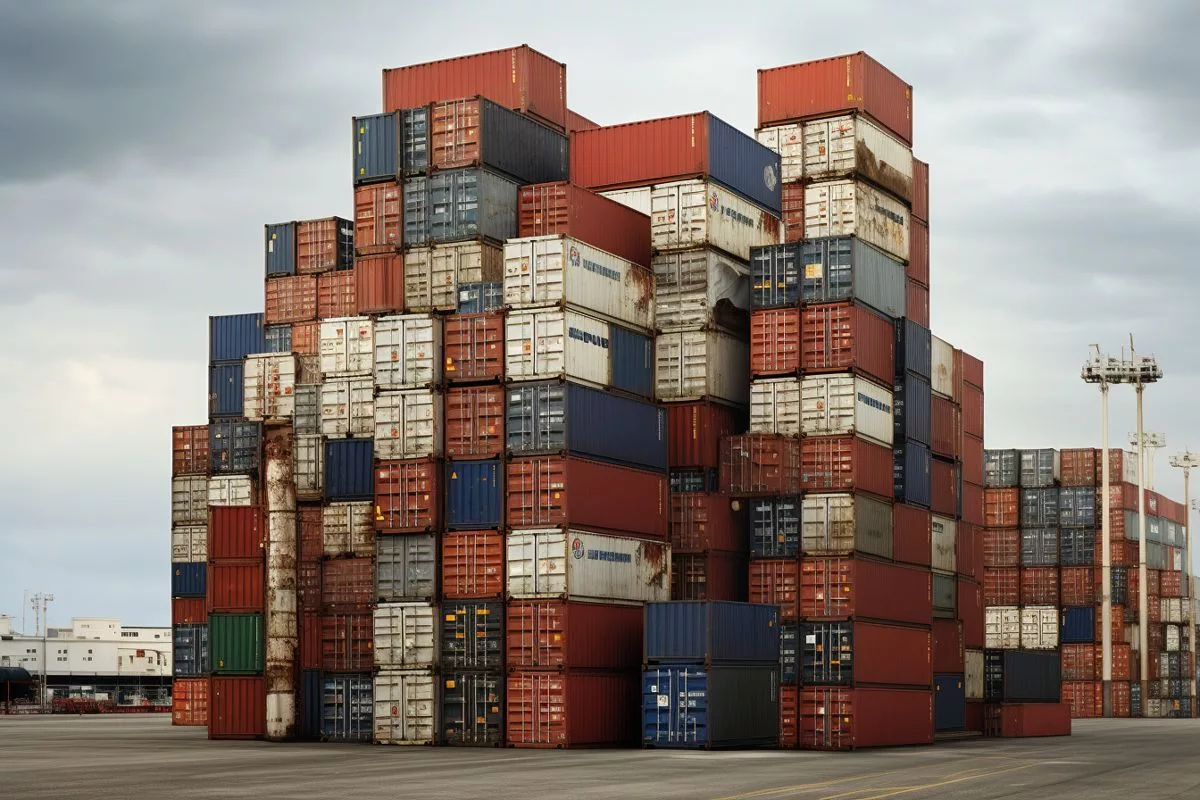The Western Cape Government Cabinet meeting discussed economic developments and hurdles in the region, including inefficiencies at the Port of Cape Town hindering the expansion of the citrus fruit sector and the need for policy changes and investments to stimulate economic growth. The meeting also highlighted the importance of maintaining close ties with the US and the potential for job creation in the agricultural sector. The government emphasized the need for collaboration with the private sector to overcome these challenges and promote growth.
What are the economic prospects and hurdles in the Western Cape?
The Western Cape Government Cabinet meeting discussed important developments and issues within the region’s economy, including growth opportunities and obstacles. The citrus fruit sector is crucial to the region’s economy, but persistent inefficiencies at the Port of Cape Town have generated serious concerns and stand as a major impediment to the sector’s expansion. The Western Cape also needs to maintain close ties with the US, and a shift in policy and substantial investments in infrastructure are required to stimulate economic growth.
A recent Western Cape Government (WCG) Cabinet meeting, led by Premier Alan Winde on November 1, brought attention to important developments and issues within the region’s economy. Both growth opportunities and challenges to overcome were emphasized during the gathering.
Overcoming Obstacles in a Promising Industry
Premier Winde and the Provincial Minister of Finance and Economic Opportunities, Mireille Wenger, shared their experiences from visiting Ceres, where they interacted with stakeholders in the citrus fruit sector. This industry is crucial to the region’s economy, with stone and pome fruit exports contributing over R17 billion, making up an impressive 42% of the industry’s output. However, persistent inefficiencies at the Port of Cape Town (PoCT) have generated serious concerns and stand as a major impediment to the sector’s expansion.
The PoCT is held back by several key issues, including inadequate investment in infrastructure, poor upkeep of existing facilities, and a decline in specialized skills. Premier Winde emphasized the potential for increased exports and job creation through the port, but expressed dissatisfaction with Transnet’s failure to address these vital problems. As a result, the WCG plans to pressure the national government into prioritizing improvements at the PoCT.
Enhancing Cooperation with the United States
In another notable event, Premier Winde and Minister Wenger held discussions with representatives from the Citrus Growers Association (CGA), Wesgro, and a group of US Congressional officials in Simondium. The American delegates, which featured members of the House Ways and Means and Finance Committees, attended the African Growth and Opportunity Act (AGOA) summit.
Premier Winde argued in favor of South Africa retaining its beneficiary status under AGOA, pointing to the substantial advantages the trade preference program has provided to the Western Cape’s agricultural sector. The industry holds massive potential for job creation, already employing over 68,300 people across the country. Furthermore, the Western Cape’s exports to the US have experienced consistent growth, partly due to AGOA.
Recent Economic Progress and Worries
During the Cabinet meeting, Minister Wenger delivered a briefing on recent economic developments. Some of the essential points included:
-
The PoCT’s container terminal is still deteriorating due to heavy lifting equipment breakdowns, operating at less than 40% of its target capacity.
-
The Western Cape claimed eight awards at the World Tourism Awards, with Cape Town International Airport acknowledged as Africa’s leading airport for the seventh year in a row. Cape Town also received Africa’s leading city destination and leading cruise port for 2023.
-
Eskom’s generation performance has seen a slight improvement, fueled by the return of units at the Kusile Power Plant. Nevertheless, South Africa’s energy situation remains unstable.
The Cabinet meeting coincided with Finance Minister Enoch Godongwana’s presentation of the Medium-Term Budget Policy Statement (MTBPS). Premier Winde stressed the need to shield frontline services like healthcare, education, and social development from budget cuts as much as possible.
He emphasized that South Africa cannot depend on borrowing more funds to repair the economy. Instead, a shift in policy and substantial investments in infrastructure are required to empower the private sector to generate jobs and stimulate economic growth.
In conclusion, the Western Cape Cabinet meeting underscored the vital challenges facing the region’s economy, including inefficiencies at the PoCT, the necessity of maintaining close ties with the US, and the pressing need for policy changes and infrastructure investments. The meeting served as an important reminder of the crucial collaboration between the government and private sector in overcoming these hurdles and promoting growth.
1. What were the main topics discussed at the Western Cape Government Cabinet meeting?
The Western Cape Government Cabinet meeting discussed economic developments and hurdles in the region, including inefficiencies at the Port of Cape Town hindering the expansion of the citrus fruit sector, the need for policy changes and investments to stimulate economic growth, and the importance of maintaining close ties with the US.
2. What is hindering the expansion of the citrus fruit sector in the Western Cape?
Persistent inefficiencies at the Port of Cape Town are hindering the expansion of the citrus fruit sector in the Western Cape.
3. What needs to be done to stimulate economic growth in the Western Cape?
A shift in policy and substantial investments in infrastructure are required to stimulate economic growth in the Western Cape.
4. How important is the citrus fruit sector to the Western Cape’s economy?
The citrus fruit sector is crucial to the Western Cape’s economy, with stone and pome fruit exports contributing over R17 billion, making up an impressive 42% of the industry’s output.
5. What are the potential job creation opportunities in the agricultural sector in the Western Cape?
The agricultural sector in the Western Cape holds massive potential for job creation, already employing over 68,300 people across the country.
6. What are the issues hindering the Port of Cape Town’s efficiency?
The Port of Cape Town is held back by several key issues, including inadequate investment in infrastructure, poor upkeep of existing facilities, and a decline in specialized skills.
7. What was discussed at the Cabinet meeting regarding cooperation with the United States?
Premier Winde emphasized the importance of maintaining close ties with the US and argued in favor of South Africa retaining its beneficiary status under AGOA, pointing to the substantial advantages the trade preference program has provided to the Western Cape’s agricultural sector.
8. What were some recent economic developments discussed at the Cabinet meeting?
Some recent economic developments discussed at the Cabinet meeting included the deteriorating container terminal at the Port of Cape Town, the Western Cape’s success at the World Tourism Awards, and South Africa’s unstable energy situation.








